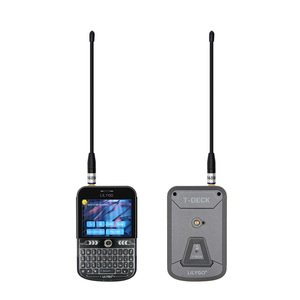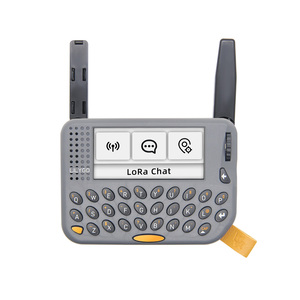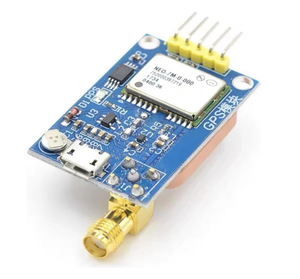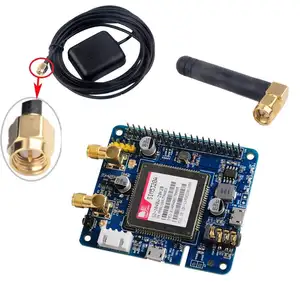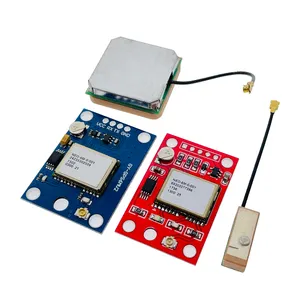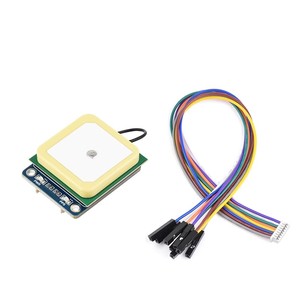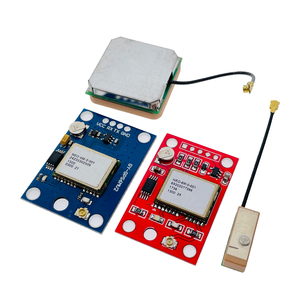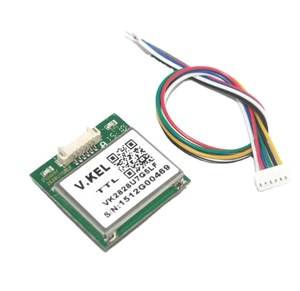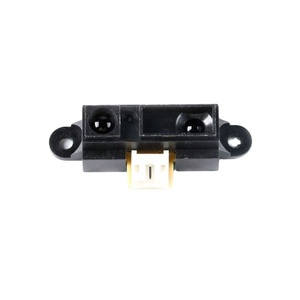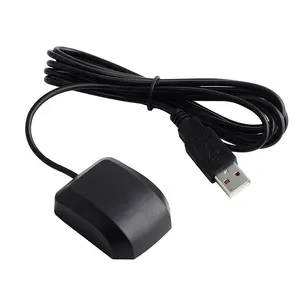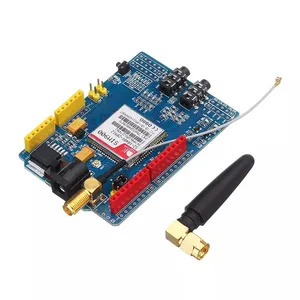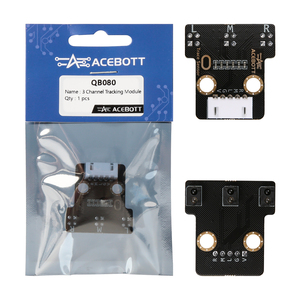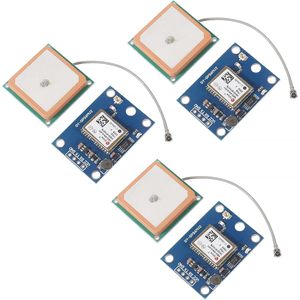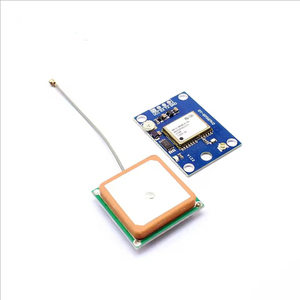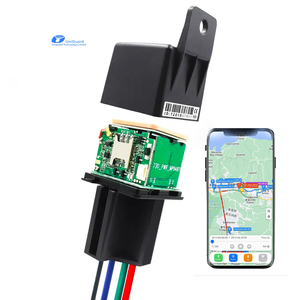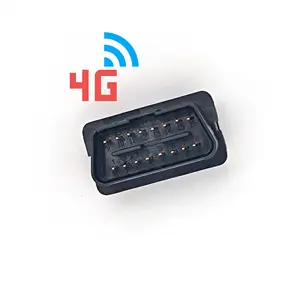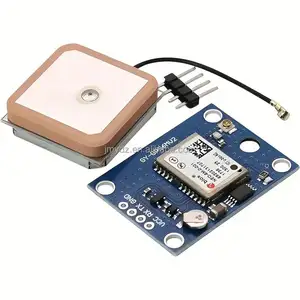Gps Module Arduino





 1/12
1/12




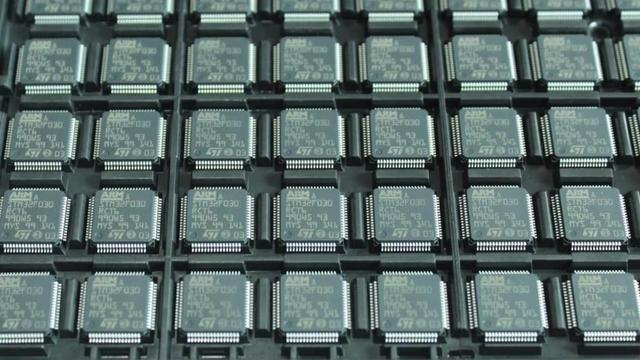

 1/8
1/8


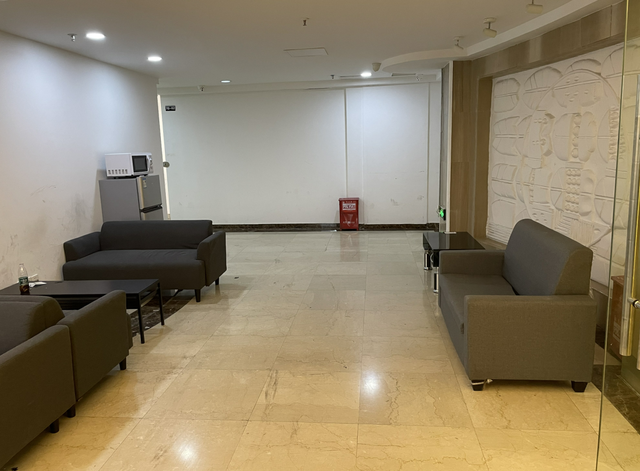

 1/3
1/3



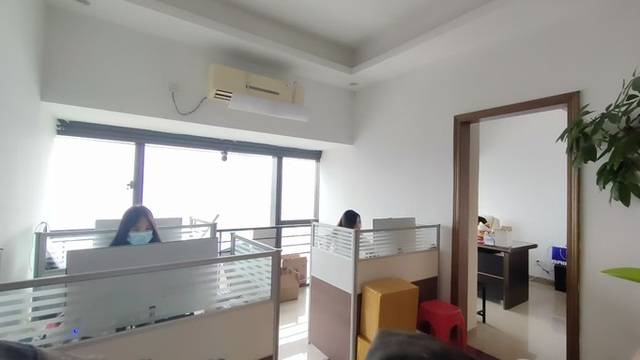

 1/2
1/2



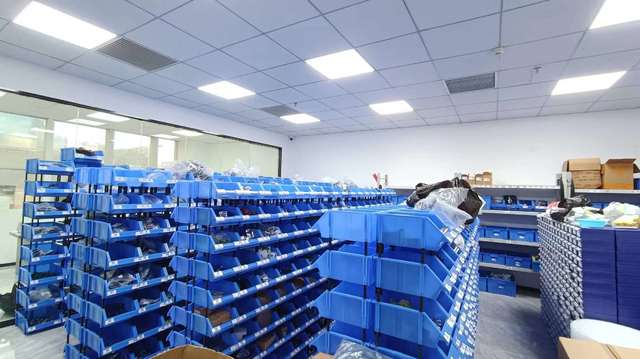

 1/2
1/2

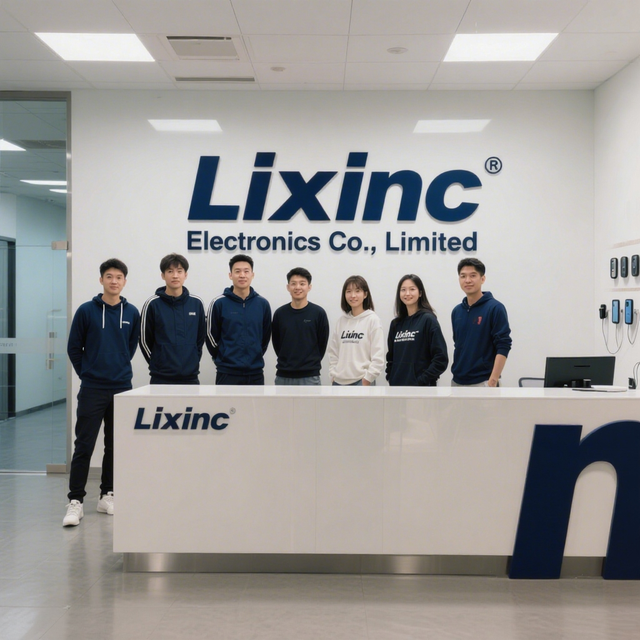
 1/1
1/1

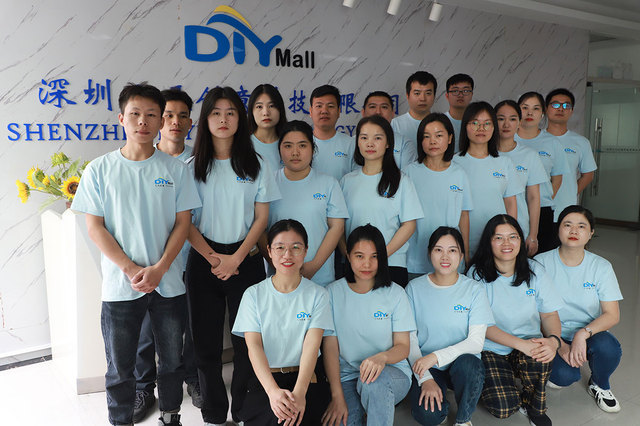

 1/3
1/3


 1/1
1/1

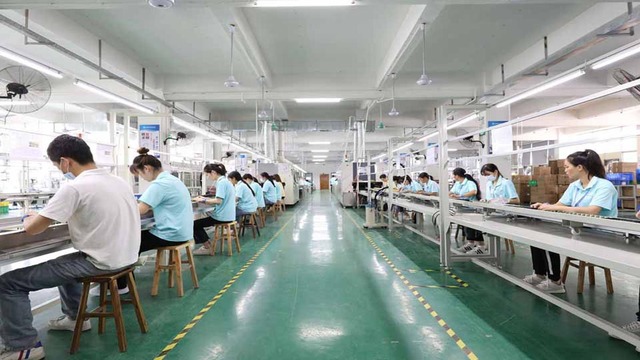

 1/3
1/3


 0
0

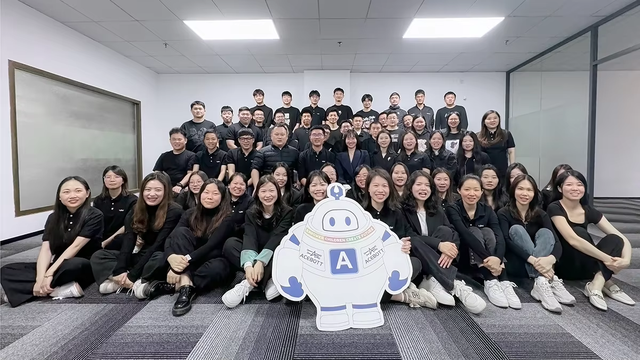
 1/1
1/1


 0
0



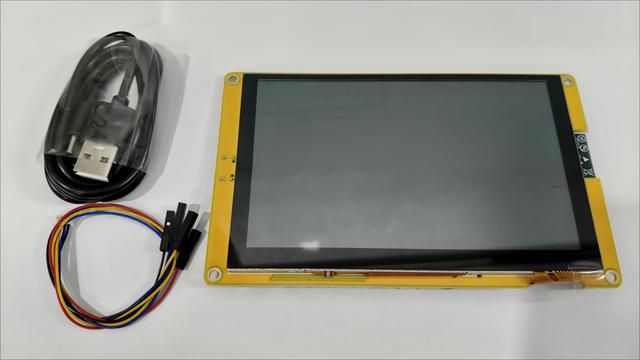

 1/3
1/3



 1/3
1/3


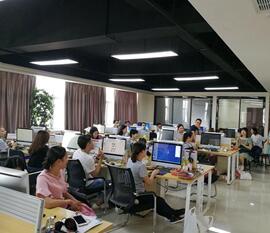

 1/2
1/2




 1/3
1/3




 1/3
1/3



 1/3
1/3



 1/3
1/3




 1/3
1/3
About gps module arduino
Where to Find GPS Module Arduino Suppliers?
China remains the central hub for electronic component manufacturing, with Shenzhen-based suppliers dominating the production of GPS modules compatible with Arduino platforms. The city's advanced electronics ecosystem supports rapid prototyping and scalable assembly, leveraging proximity to semiconductor foundries, PCB fabricators, and logistics networks. This integration enables efficient supply chain coordination, reducing component lead times and supporting just-in-time delivery models for global buyers.
Suppliers in this sector operate within a mature industrial cluster specializing in wireless communication modules, microcontrollers, and IoT hardware. These companies typically maintain vertically integrated operations encompassing design, surface-mount technology (SMT) assembly, testing, and packaging. Key advantages include access to standardized components such as NEO-6M, L76K, and SIM808 chipsets, alongside flexible configurations for dual-band reception, active antenna support, and multi-protocol connectivity (UART, I2C, SPI). Buyers benefit from competitive pricing structures, with per-unit costs starting below $1 for bulk orders, and fast turnaround cycles averaging 15–25 days for standard shipments.
How to Choose GPS Module Arduino Suppliers?
Selecting reliable suppliers requires systematic evaluation across technical, operational, and transactional dimensions:
Technical Compatibility & Design Expertise
Verify that suppliers offer modules with documented compatibility for Arduino IDE and common development boards (e.g., Uno, Mega, ESP32). Confirm firmware support for NMEA 0183 protocol parsing, UART baud rate configurability, and low-power modes. For advanced applications, assess integration capabilities with LoRa, BLE, or WiFi co-processors, particularly relevant for mesh networking or remote tracking systems.
Production and Quality Assurance
Evaluate supplier performance indicators including on-time delivery rates (target ≥95%) and response efficiency (ideally ≤2 hours). Prioritize suppliers with demonstrated quality control processes, indicated by consistent product specifications across batches. While formal certifications like ISO 9001 or RoHS compliance are not always declared, insist on test reports covering signal acquisition time, positional accuracy under urban canopy, and thermal stability.
- Minimum order quantities range from 1 to 100 pieces, with tiered pricing reflecting volume discounts
- Customization options include PCB labeling, connector types, embedded firmware variants, and bundled antennas
- In-house SMT lines enable faster iteration and reduced dependency on third-party assembly
Transaction Security and Scalability
Use secure payment mechanisms such as escrow services to mitigate risk during initial engagements. Analyze reorder rates as a proxy for customer satisfaction—rates above 20% indicate strong reliability and post-sale support. Request samples to validate RF performance, solder joint quality, and module footprint alignment before scaling procurement. Confirm export experience, especially for air or express shipping of sensitive electronic goods subject to customs scrutiny.
What Are the Best GPS Module Arduino Suppliers?
| Company Name | Location | Online Revenue | On-Time Delivery | Response Time | Reorder Rate | Min. Order Quantity | Price Range (USD) | Customization |
|---|---|---|---|---|---|---|---|---|
| Shenzhen Xinyuan Electronic Technology Co., Ltd. | Shenzhen, CN | US $300,000+ | 98% | ≤10h | 20% | 1 piece | $6.19–81.15 | Yes |
| Shenzhen Dahongxing Electronics Co., Ltd. | Shenzhen, CN | US $200,000+ | 94% | ≤2h | 23% | 10 pieces | $0.50 | Yes |
| Shenzhen Xinliwei Electronics Technology Co., Ltd. | Shenzhen, CN | US $30,000+ | 100% | ≤2h | <15% | 1–10 pieces | $0.45–21.84 | No |
| Shenzhen Mingdewei Electronics Limited | Shenzhen, CN | US $130,000+ | 99% | ≤2h | 18% | 10–100 pieces | $1.00–10.00 | No |
| Shenzhen Zhicheng Electronic Technology Co., Ltd. | Shenzhen, CN | US $100,000+ | 95% | ≤2h | <15% | 1–10 pieces | $0.60–16.00 | Yes |
Performance Analysis
Shenzhen Xinyuan stands out for high-value, feature-rich modules targeting IoT and portable navigation devices, offering full customization despite slower response times. Dahongxing delivers ultra-low-cost solutions at scale, maintaining strong reorder metrics and sub-2-hour responsiveness—ideal for budget-conscious buyers prioritizing volume procurement. Xinliwei achieves perfect on-time delivery but lacks customization flexibility, suggesting focus on standardized SKUs. Mingdewei and Zhicheng serve mid-tier demand with balanced cost-performance ratios, suitable for mixed-use cases ranging from educational kits to fleet tracking prototypes. Suppliers with response times under two hours represent 80% of the cohort, underscoring Shenzhen’s competitive service standards.
FAQs
How to verify GPS module Arduino supplier reliability?
Cross-check declared technical parameters against sample testing results, focusing on cold/warm start times, satellite lock count, and update frequency (1Hz vs. 5Hz). Review transaction history for consistency in delivery performance and dispute resolution. Request evidence of functional testing procedures, such as live sky-view demonstrations or simulated positioning logs.
What is the typical sampling timeline?
Sample processing takes 5–10 business days, depending on customization needs. Express shipping adds 3–7 days for international delivery. Most suppliers accommodate single-unit orders for evaluation, though minimums may apply for unpopulated PCBs or private-labeled versions.
Can suppliers provide firmware or library support?
Leading suppliers often provide GitHub-linked code examples, Arduino libraries (e.g., TinyGPS++, NeoSWSerial), and pinout diagrams. Confirm availability of documentation in English and compatibility with popular IDEs prior to purchase.
Do GPS modules require external antennas?
While many include onboard ceramic antennas, extended-range applications benefit from external active antennas via u.FL or SMA connectors. Suppliers frequently offer bundled antenna kits, especially for indoor or obstructed environments.
Are customization options available for OEM integration?
Yes, select suppliers support PCB rebranding, custom boot-up messages, modified firmware behavior, and tailored packaging. Minimum volumes vary, but some accept changes starting at 50 units. Clarify tooling fees and revision control policies before finalizing designs.



